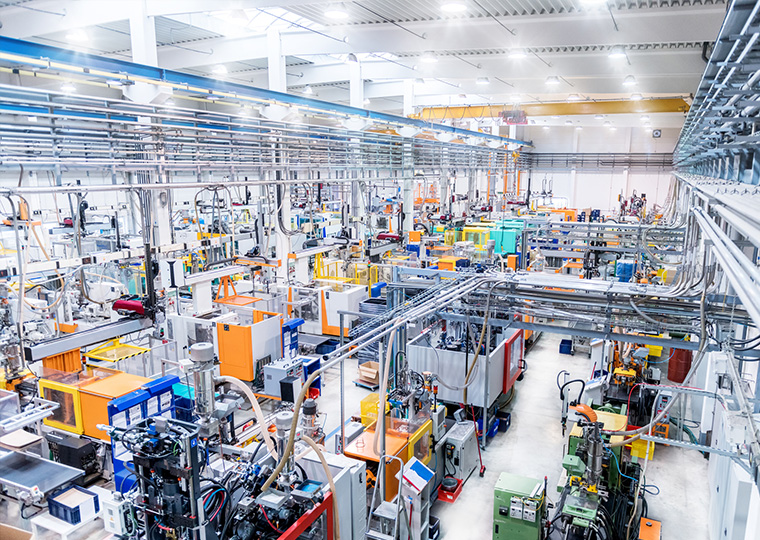New study shows AI boosts manufacturing efficiency — and helps suppliers too
A new working paper finds that manufacturers committed to AI adoption see big operational gains — and those gains spill over to their suppliers, even when suppliers don’t use AI themselves.
Researchers from Hong Kong Polytechnic University, UCLA Anderson, and Oxford analyzed AI-related job postings, financial data from 239 U.S. manufacturers, and inventory metrics for 796 suppliers. Hiring AI talent proved to be a strong signal of AI commitment.
The study links AI deployment to improved demand forecasting, production scheduling, and exception management. Suppliers benefit from better stability and fewer last-minute rush orders. Complex, large-scale supply chains see the biggest improvements.
AI helps manufacturers optimize route planning and cut transport costs, easing supply chain headaches. When production hiccups occur, AI tools quickly spot issues so suppliers and manufacturers can react fast.
The authors say the gains aren’t accidental:
“Strategic alignment in AI capabilities across buyers and suppliers can serve as a foundation for integrated digital ecosystems that are more resilient, responsive and sustainable.”
The benefits grow over time. Companies with big, diverse operations and R&D focus in advanced AI regions see even stronger improvements.
Job postings for skills like sentiment classification, Libsvm, kernel methods, MLPACK, and Vowpal Wabbit were key indicators in the analysis.
This research highlights AI’s supply chain ripple effect: Manufacturers’ AI use makes their whole network run smoother — whether suppliers jump on board or not.














